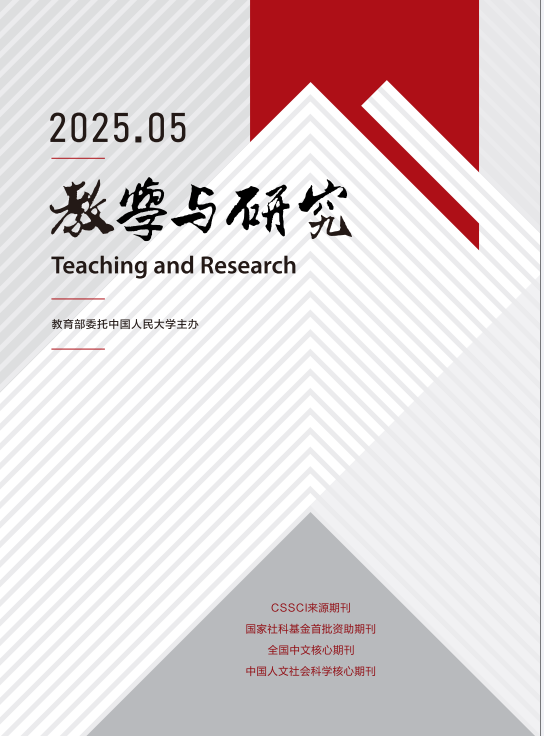General Secretary Xi Jinpings important thoughts on Party building have profoundly addressed the major contemporary issues of what kind of Marxist party capable of longterm governance should we build and how to build it, highlighted the theme of exercising full and rigorous governance of the Party, put forward a series of new concepts, new ideas and new strategies for managing and strengthening the Party, firmly grasped the mission and task of leading the great social revolution with the great selfreform, and formed the core essentials that emphasize a problemoriented approach, thematic focus, strategic considerations, as well as missions and mandates. These important thoughts are reflected in the “13 principles of upholding”, which embody the theoretical foundations of “theories on the Party”, “theories on governancecapacity building”, “theories on longterm governancecapacity building”, and “theories on Party leadership”, thereby forging an integrated framework that integrates “comprehensive Party building” with “targeted Party building”. These important thoughts have achieved a new leap in addressing the contemporary issues of Party building, reflected new changes in the theme of Party building, made new adjustments in the layout of Party building, and formed a new paradigm in the basic theory of Party building, making original contributions to enriching and developing the Marxist partybuilding theory and exploring the laws of the longterm governance of the Communist Party of China.



